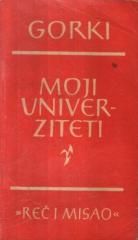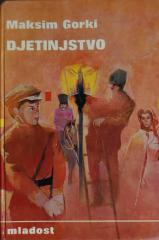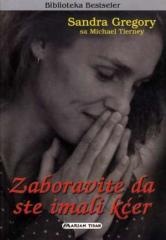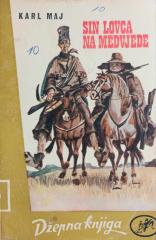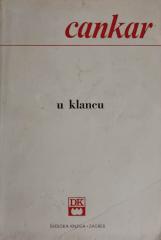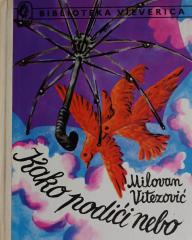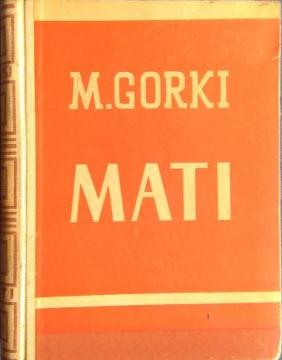
Mati
Roman "Mati" Maksima Gorkog objavljen je 1906. godine i jedno je od ključnih djela ruskog socijalnog realizma. Djelo prikazuje buđenje radničke klase u Rusiji kroz likove i događaje koji naglašavaju društvene nepravde i potrebu za revolucijom.
Radnja romana smještena je u radničko naselje u industrijskom predgrađu. Glavni lik je Pelagija Nilovna Vlasova, udovica radnika i majka mladića Pavela Vlasova. Pelagija je prikazana kao ponizna, nesigurna i neuka žena koja vodi život prepun patnje, trpeći siromaštvo i grubost svoga pokojnog muža. Međutim, njezin se život mijenja kada njezin sin Pavel počne sudjelovati u revolucionarnom pokretu.
Pavel se povezuje s grupom radnika koji organiziraju tajne sastanke i šire revolucionarnu literaturu među radnicima. Pelagija, iako isprva zbunjena i zabrinuta zbog Pavlovih aktivnosti, postupno postaje svjesna socijalnih nepravdi koje pogađaju radnike. Kroz interakciju s revolucionarima i svjedočenje nepravdama, ona počinje shvaćati ideje koje Pavel i njegovi drugovi zagovaraju.
Kako priča napreduje, Pelagija sve više preuzima aktivnu ulogu u revolucionarnim aktivnostima. Njezina uloga kao "majke" simbolizira majčinski odnos prema cijelom radničkom pokretu. Postaje glasnica koja prenosi zabranjenu literaturu i sudjeluje u organizaciji radničkih skupova, riskirajući vlastiti život.
Roman kulminira Pavlovim uhićenjem tijekom prosvjeda. Unatoč gubitku sina, Pelagija nastavlja borbu, simbolizirajući nepokolebljiv duh revolucije. Kroz njezin lik, Gorki prikazuje transformaciju obične žene u snažnu i odlučnu revolucionarku, naglašavajući moć promjene i solidarnosti među radnicima.
"Mati" je jedno od najvažnijih djela koje je oblikovalo književnost socijalnog realizma i ostaje snažan prikaz borbe za pravdu i ljudska prava.
Jedan primjerak je u ponudi
- Nedostaje ovitak
